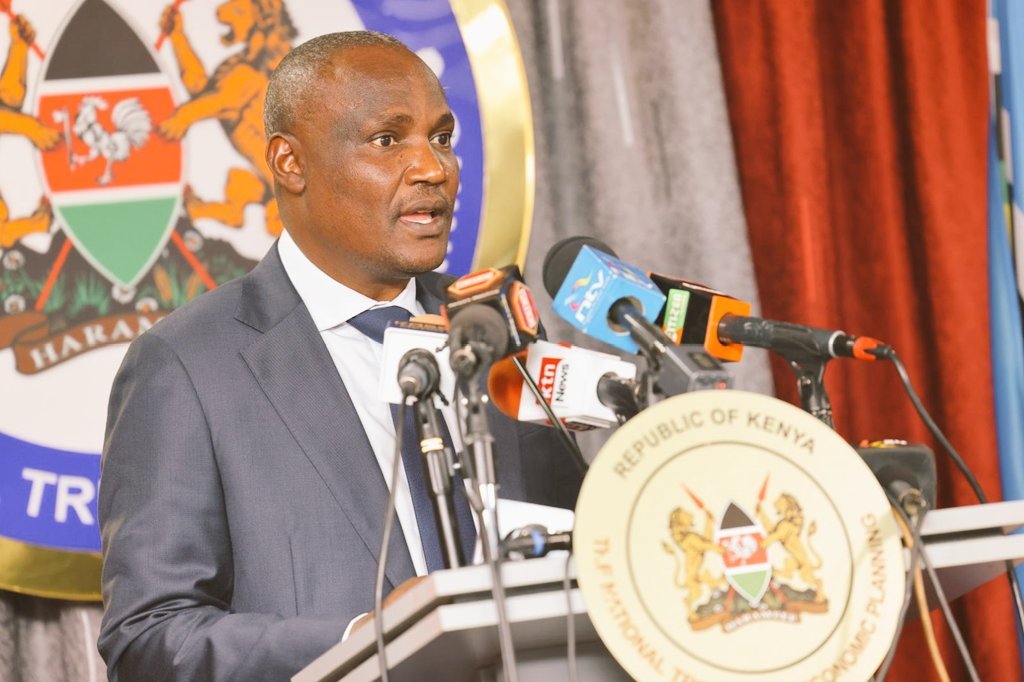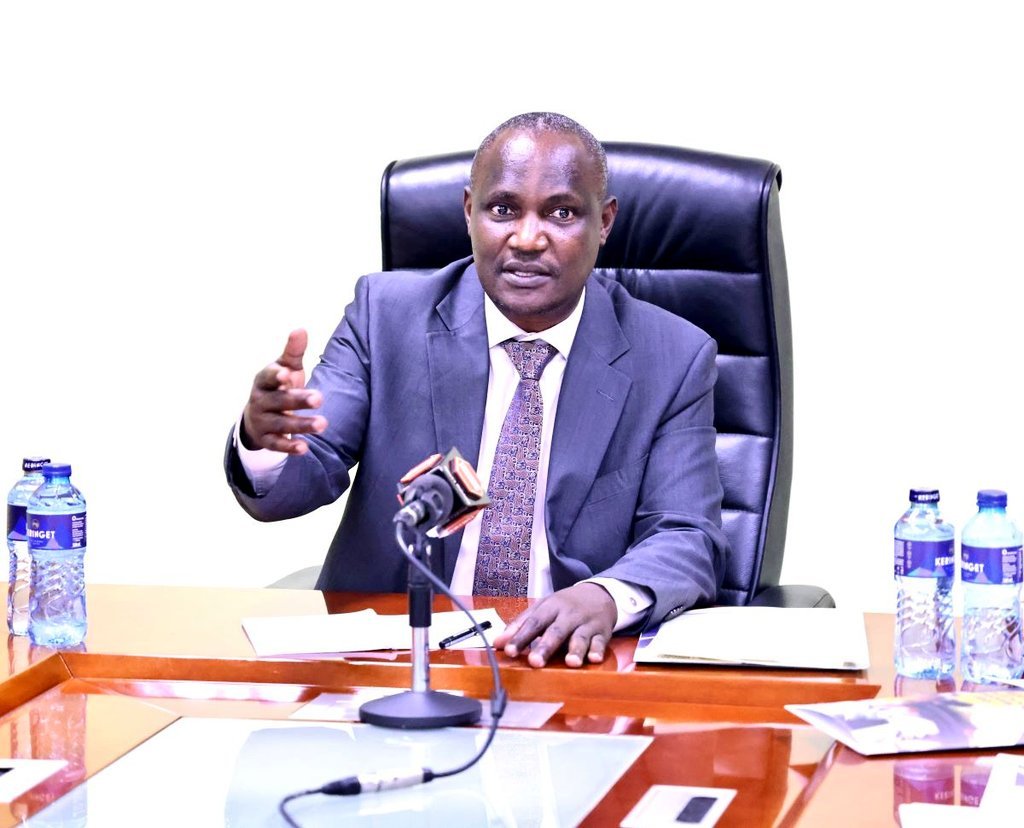Treasurey Announces Budget Cut: Impact on TSC


The Teachers Service Commission (TSC) plays a critical role in Kenya’s education sector by managing teacher recruitment, professional development, and welfare. However, recent budget cuts, amounting to Ksh 10.3 billion, threaten to disrupt essential programs such as teacher recruitment, training, and medical coverage. These cuts could have far-reaching consequences, particularly for Junior Secondary Schools (JSS), which are already grappling with teacher shortages and infrastructure challenges.
Impact on Teacher Recruitment

One of the most pressing concerns raised by the budget cuts is their impact on teacher recruitment. The TSC had planned to recruit 20,000 teachers, with a significant portion allocated to Junior Secondary Schools. This recruitment drive was crucial in addressing the existing shortage of educators, especially in light of the Competency-Based Curriculum (CBC) transition. However, with the reduction in funding, these recruitment plans are now in jeopardy.
The shortage of teachers in JSS has been a longstanding issue, with many schools struggling to maintain reasonable student-to-teacher ratios. Without adequate staffing, the quality of education in these schools could deteriorate, leading to overcrowded classrooms and diminished attention to students’ needs. The recruitment freeze could also widen the gap between public and private schools, further exacerbating inequalities in the education system.
Challenges to the Collective Bargaining Agreement (CBA)
In August 2023, the TSC signed a Collective Bargaining Agreement (CBA) with teachers’ unions, promising salary increments of up to 9.5% spread over two years. This agreement was a significant victory for teachers, providing much-needed financial relief and career development opportunities through promotions. However, the proposed budget cuts now put the implementation of the CBA at risk.
The TSC has warned that without adequate funding, it will be impossible to fulfill the terms of the CBA, leaving teachers without the salary adjustments and promotions they had been promised. This could lead to widespread dissatisfaction among educators, undermining morale and potentially sparking unrest in the sector. Furthermore, the delay in implementing the CBA could hinder the recruitment and retention of qualified teachers, as the promise of competitive pay and benefits remains uncertain.
Impact on Teacher Training and Development
Teacher training is another critical area that stands to be affected by the budget cuts. With a reduction of Ksh 262 million allocated for teacher training, many programs aimed at equipping educators with the skills needed for the Competency-Based Curriculum (CBC) may be curtailed. Effective implementation of the CBC requires teachers to adopt new pedagogical approaches and assessment methods, but without sufficient training, they may struggle to meet these demands.
Inadequate training could lead to inconsistencies in curriculum delivery, affecting the quality of education provided to students. This is particularly concerning for JSS, where the CBC’s focus on skill-based learning requires teachers to be well-versed in both content and teaching strategies. Without the necessary support and professional development, teachers may find it difficult to adapt to the new curriculum, hindering the overall success of the CBC.
Medical Coverage at Risk
The budget cuts also threaten the medical coverage provided to teachers. The TSC’s medical scheme, which offers health insurance to teachers, faces a 50% reduction in funding. This shortfall, amounting to Ksh 11.89 billion, could jeopardize the continuation of the current medical scheme, which is now in its third year
Access to quality healthcare is vital for teachers’ well-being, allowing them to perform their duties without the added stress of medical costs. A reduction in medical coverage could leave teachers vulnerable, forcing them to bear the financial burden of healthcare expenses. In the long run, this could negatively affect teacher retention, as inadequate welfare benefits diminish the attractiveness of the profession.
Conclusion
The budget cuts facing the TSC present a significant threat to the future of Kenya’s education system. With teacher recruitment plans on hold, the implementation of the Collective Bargaining Agreement in doubt, and crucial training programs and medical coverage at risk, the quality of education in Junior Secondary Schools may suffer. To ensure that the Competency-Based Curriculum succeeds and that teachers receive the support they need, the government must reconsider these budget reductions and allocate sufficient resources to the TSC.
It is essential for stakeholders, including teachers, parents, and policymakers, to advocate for better funding to safeguard the future of education in Kenya. Without urgent intervention, the repercussions of these budget cuts






